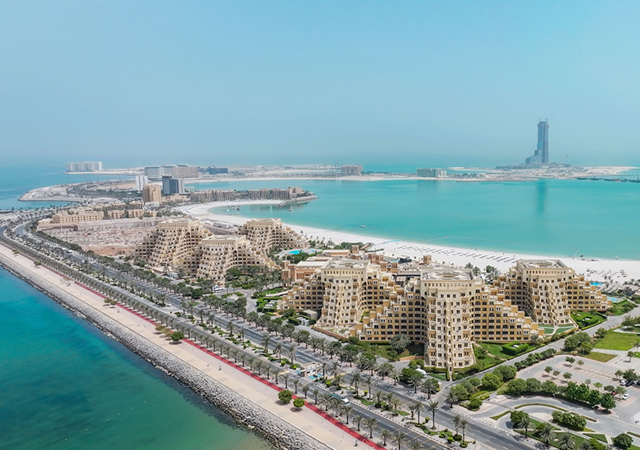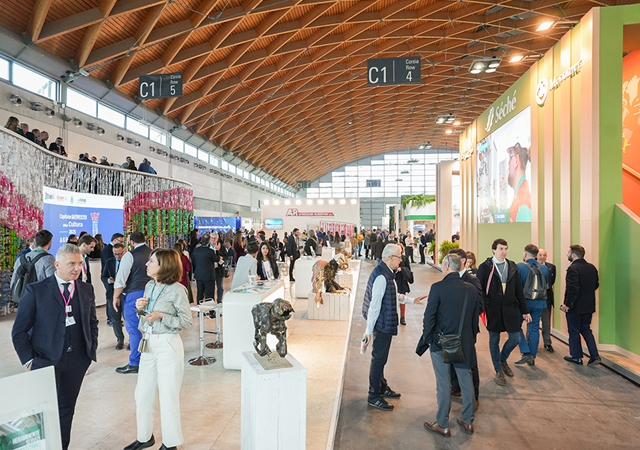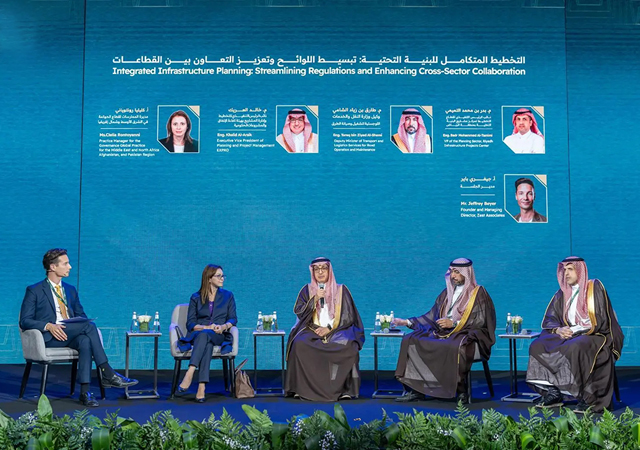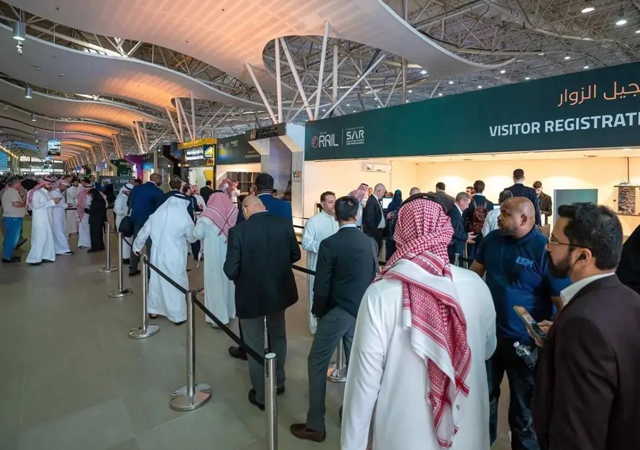 OCP has two production facilities with a total production capacity of 12 million blocks.
OCP has two production facilities with a total production capacity of 12 million blocks.
Despite a tough year in a highly competitive market, Oman Concrete Products closed 2004 on a successful note: it sold a record one million concrete blocks in one month during December.
“We secured a major order involving the supply of half a million blocks in two months, which has shot our annual sales volumes for 2004 to 9.5 million,” says Ashok Borkar, who took charge of OCP as general manager less than a year ago. “Our average annual sales over the past four to five years have been 7 million blocks.”
Borkar – an engineering consultant by profession – who took on the challenge of enhancing OCP’s market standing, is quite pleased with its recent performance and has set a sales target of 10.7 million blocks for this year.
He is now looking at introducing innovative products that can give OCP an edge in the market.
“Innovation is the key to survival and success in the market as we ultimately have to increase our profitability and market share,” he points out.
Among the custom-designed products that the company is currently supplying are 8,000 pieces of concrete sleepers for an Omani client. It has also recently produced concrete stools for the Saudi market.
“We are planning to introduce insulated blocks and have already placed the order for the moulds,” he adds.
Another management priority for Borkar is to introduce incentive schemes for OCP’s 179 employees in a bid to increase their productivity.
OCP was Oman’s first concrete blocks manufacturer when it was established in 1976, and held a monopoly on the market until 1983. It has supplied blocks that have gone into the construction of most of the buildings in Muscat.
The company has two production facilities – one in Ghala and the other in Rusayl – with a total production capacity of 12 million blocks in two shifts. These include hollow, solid, hourdi, hollow bottom-closed, hollow half, split fluted and screening blocks. It also produces 250,000 sq m of pavers in three colours – red, grey or black. Known as Unidecor, these pavers are offered in standard or three-dimensional designs.
A strict quality control is maintained during the production process to ensure client satisfaction, he says. Given the escalating prices of raw materials such as cement and steel (strapping) and despite the competition in the market, OCP have had to increase the prices of its products to maintain its quality standards.
OCP, which also has its own crusher in Sumail, procures cement from Oman Cement Company and Raysut Cement. It operates a fleet of 56 vehicles and has a workshop to maintain them.
OCP also has a contracting division, which undertakes the installation of pavers and precast items such as concrete fence posts.
Some of the projects OCP has supplied to include the OC Centre in Ruwi, Sheraton hotel, Ministry of Finance building, Hatat House, schools, Sultan Qaboos University (some 90 per cent of the project’s requirements for blocks and pavers were supplied by OCP), Royal Guard of Oman developments, Bait Al Barka guest palaces, health centres, commercial complexes and mosques.



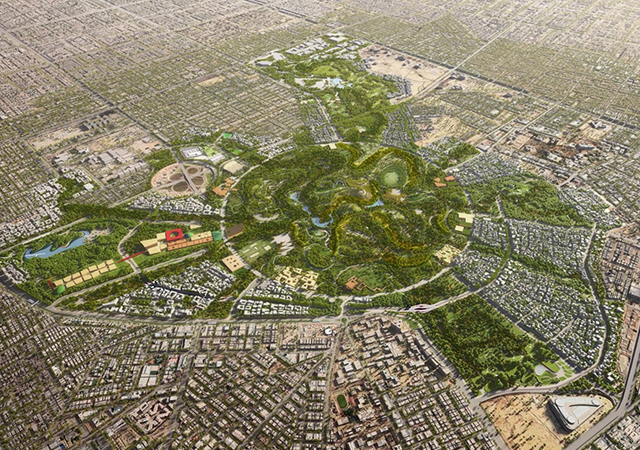
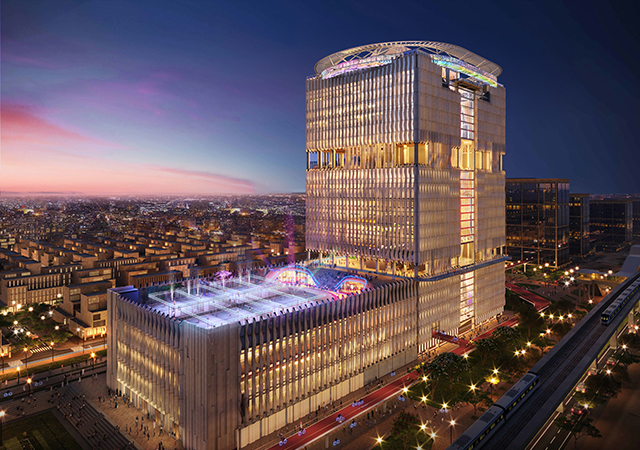
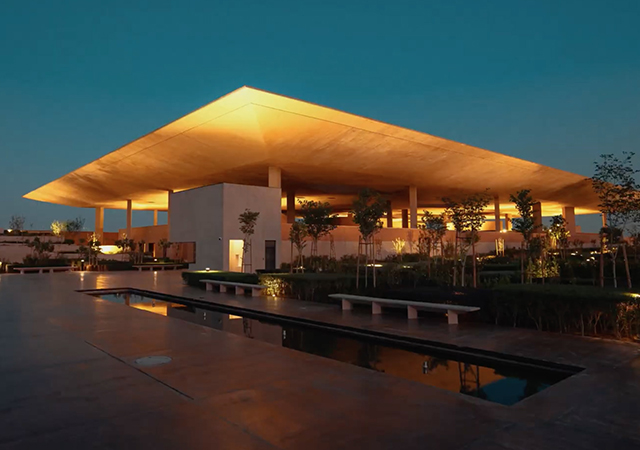
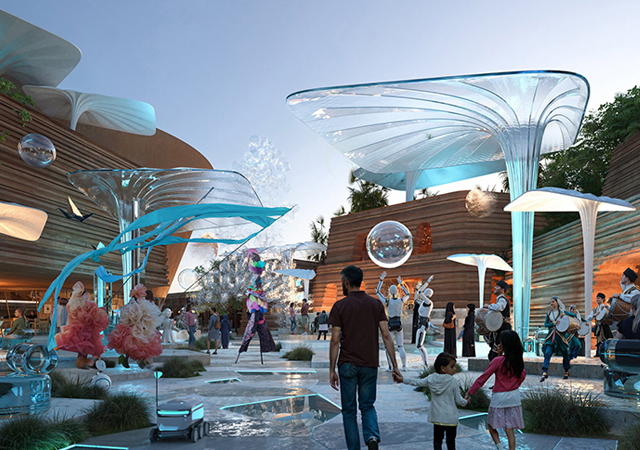

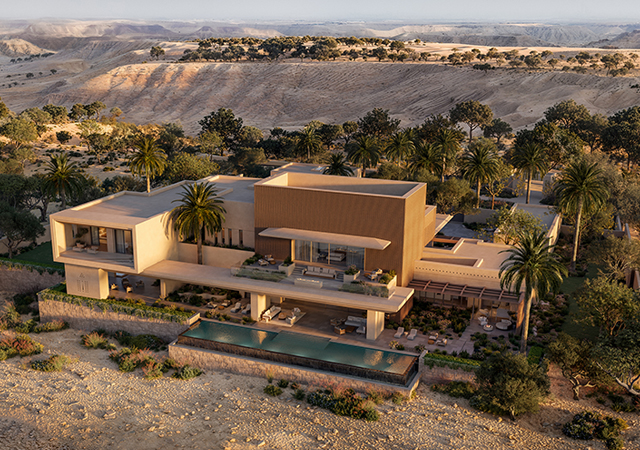
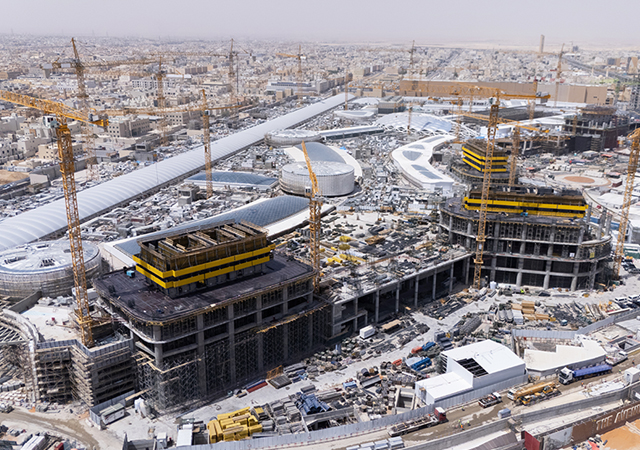
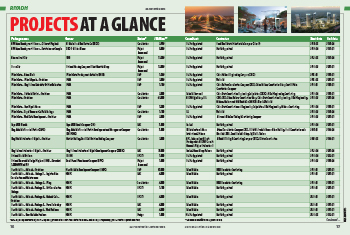
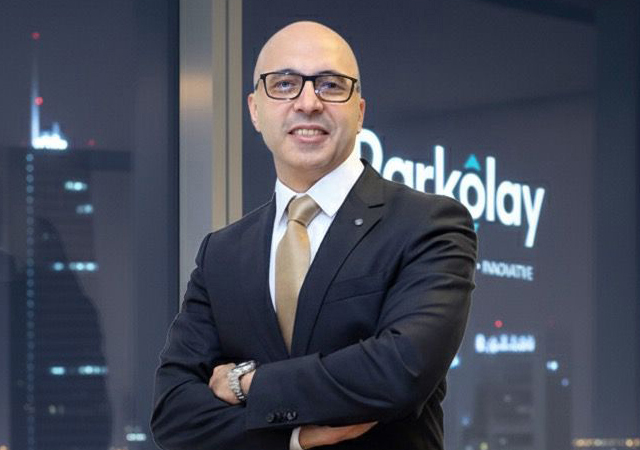
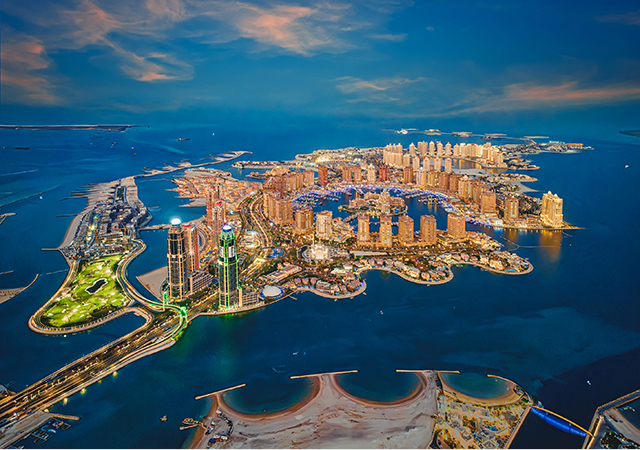

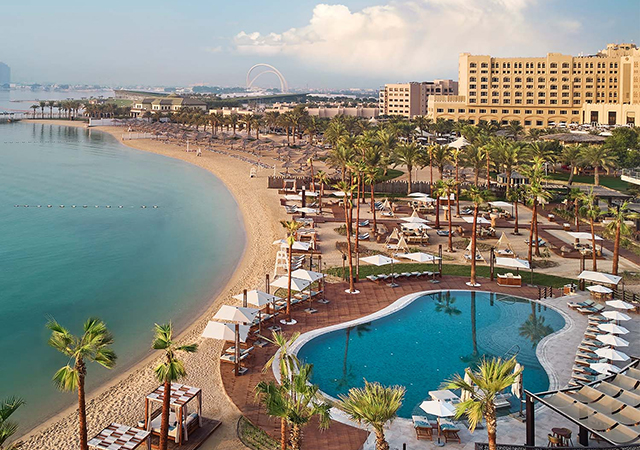
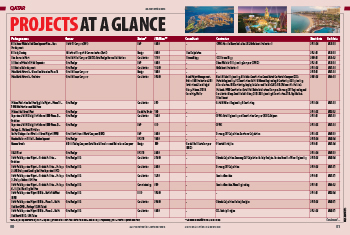
.jpg)
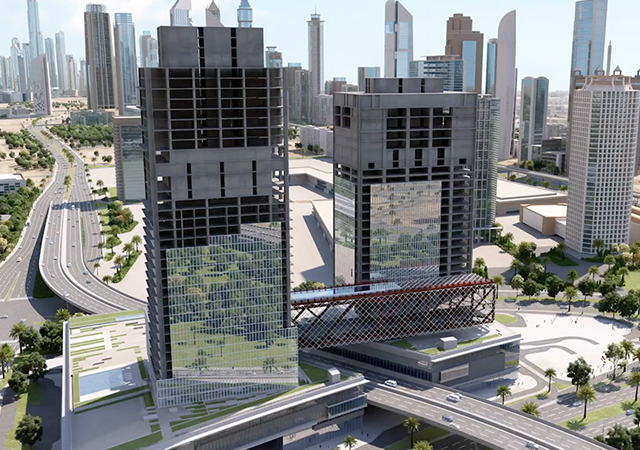
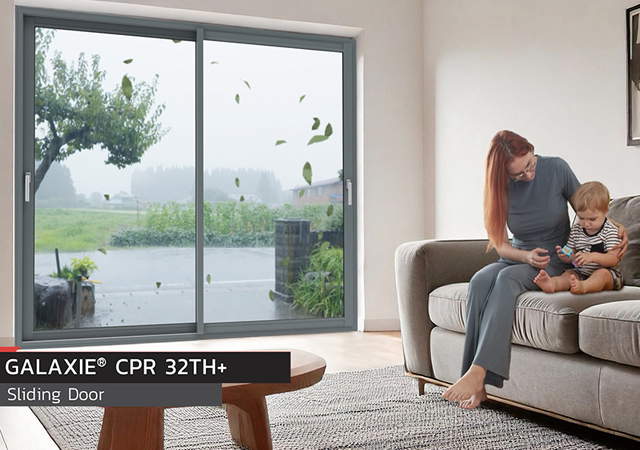
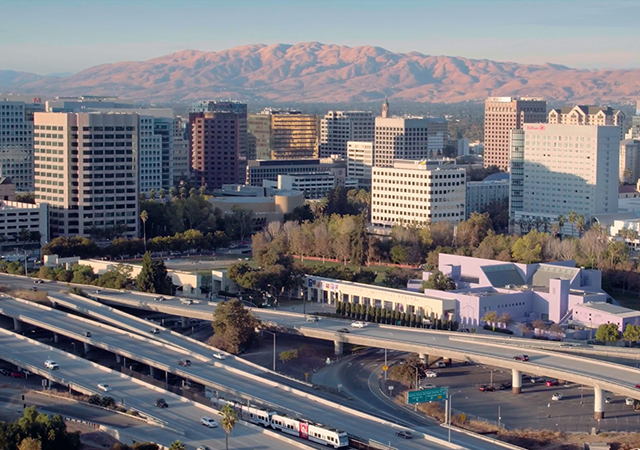
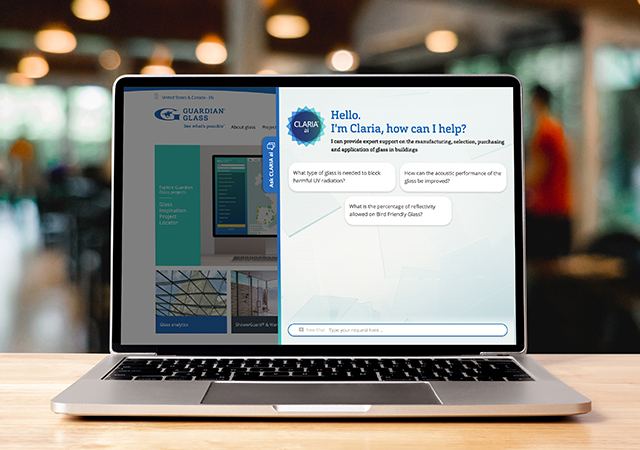


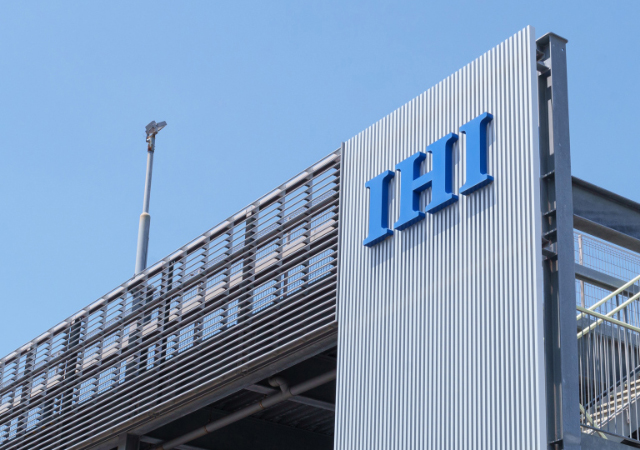
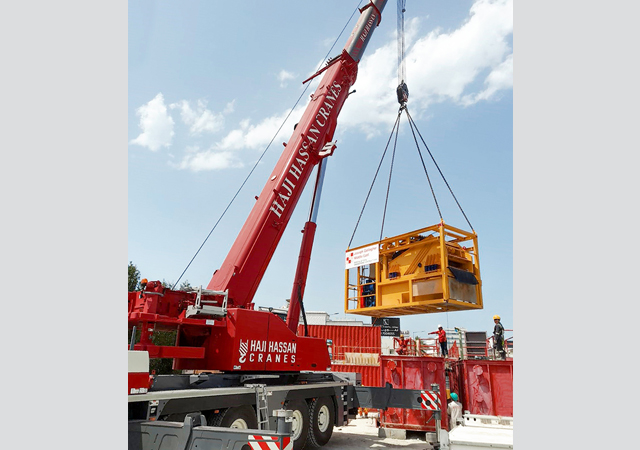
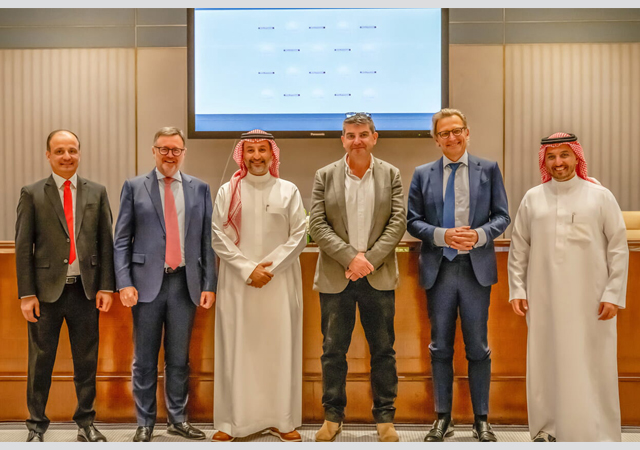
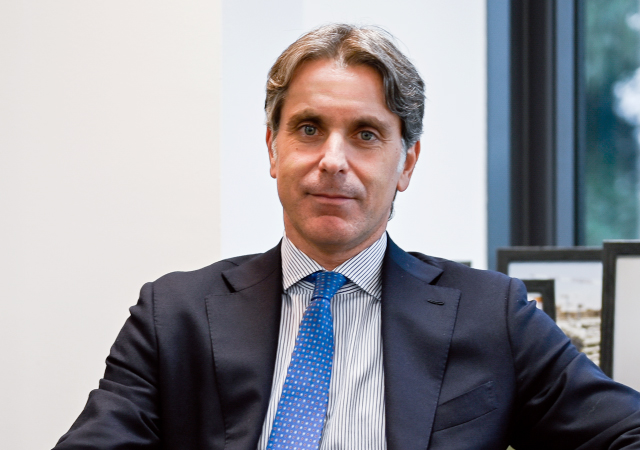
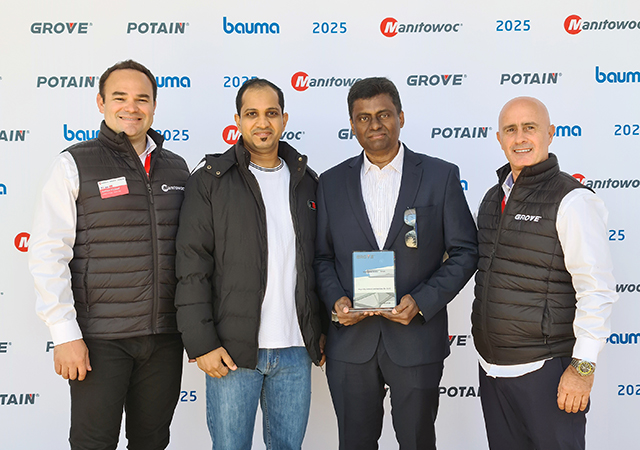
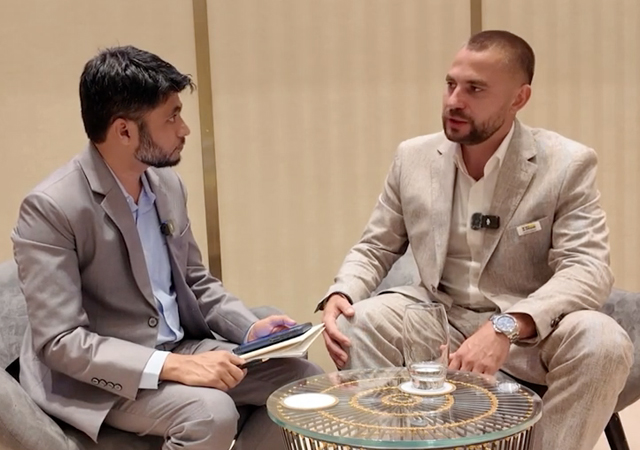
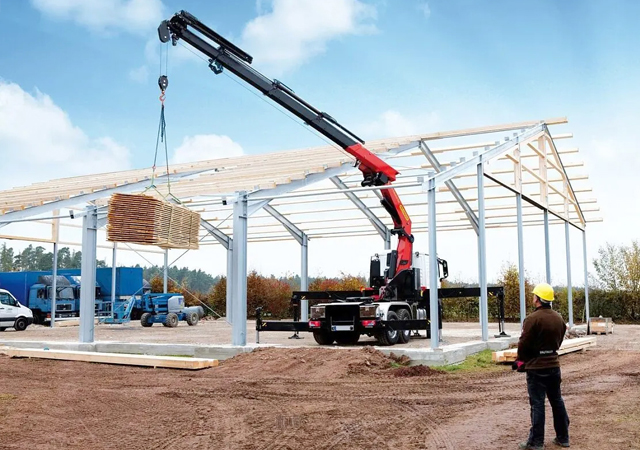
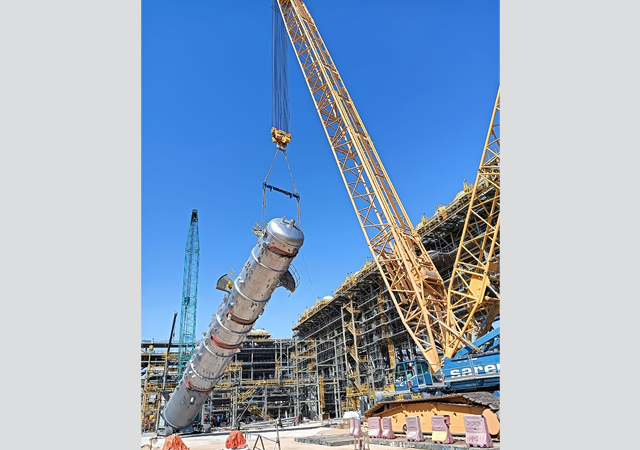
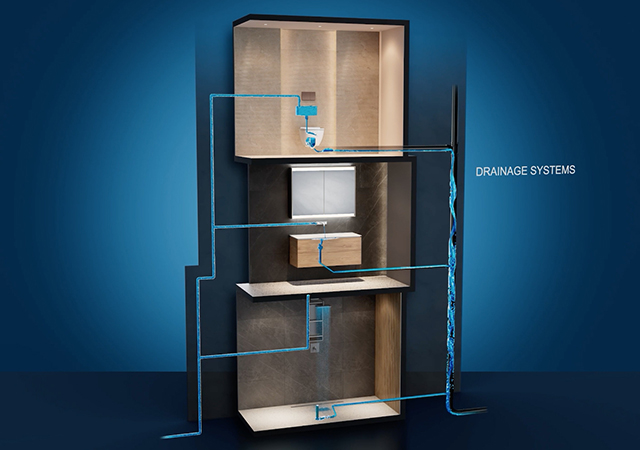
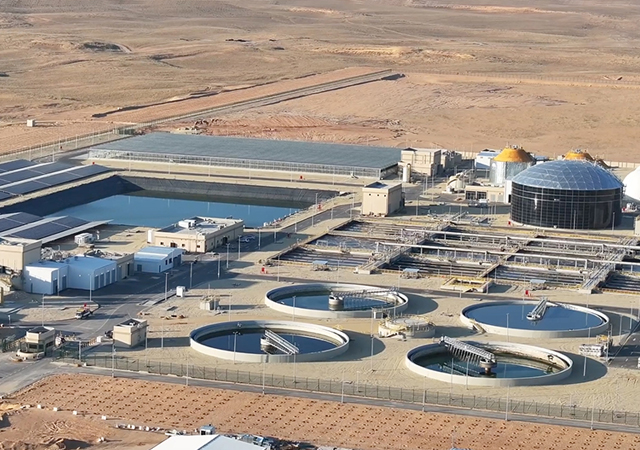

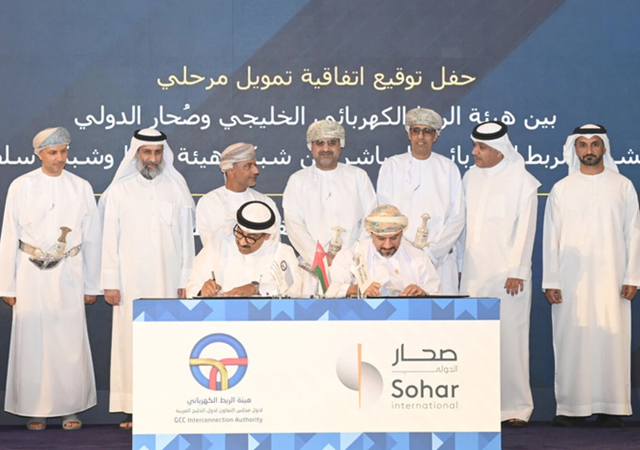
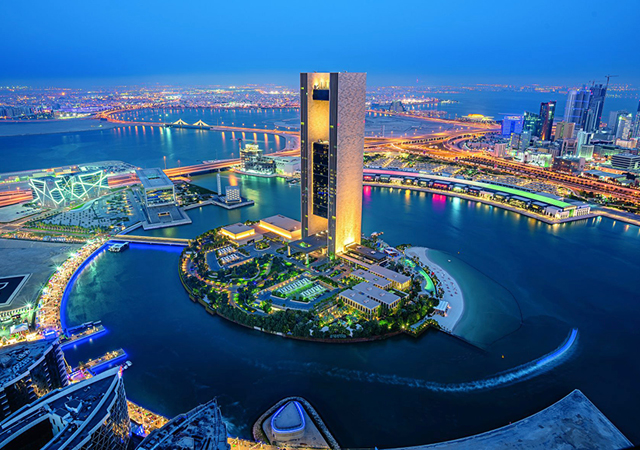
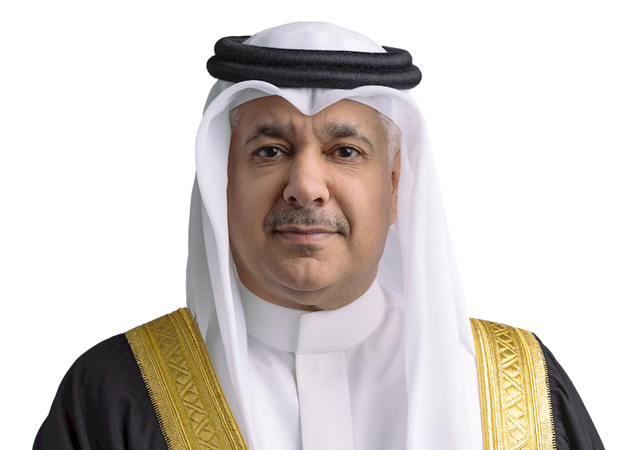
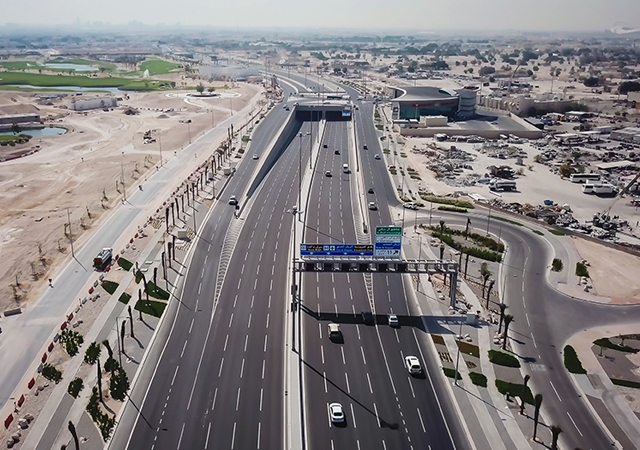
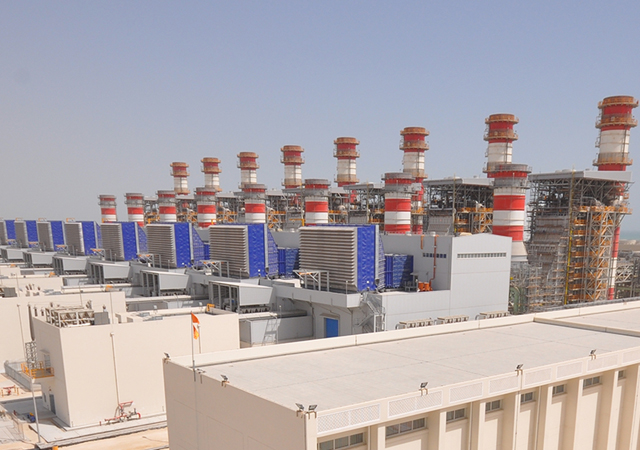
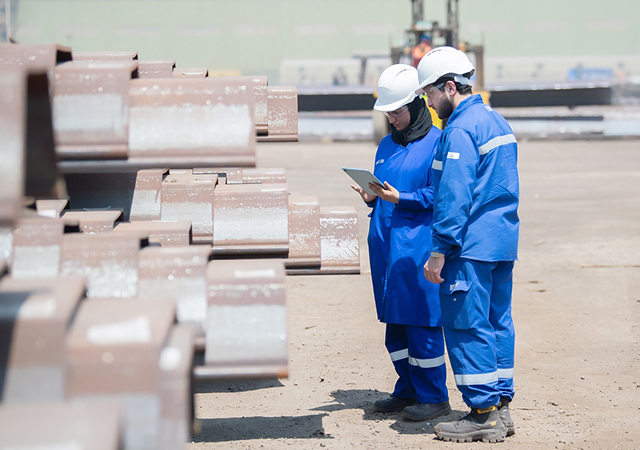
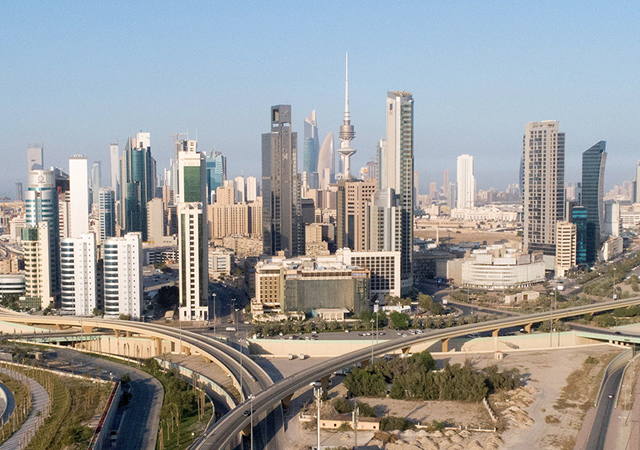
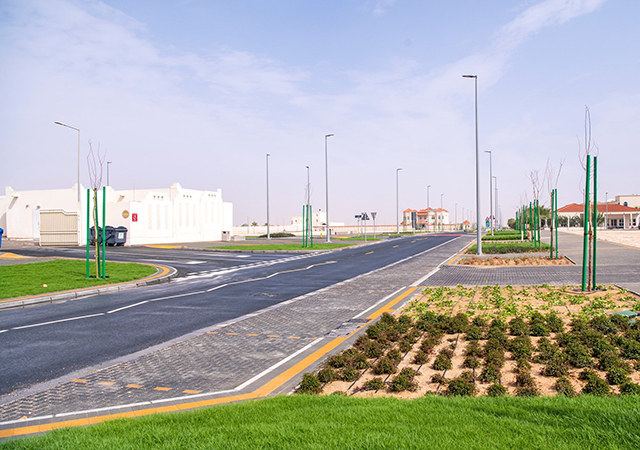
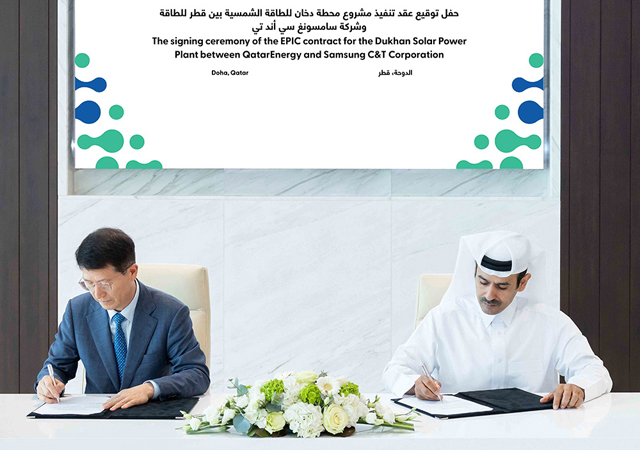
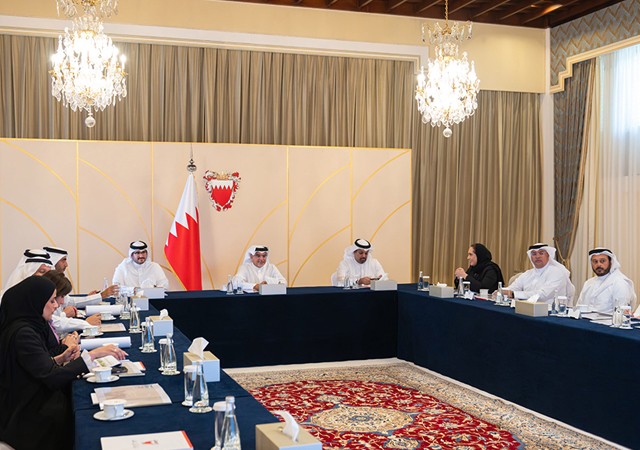

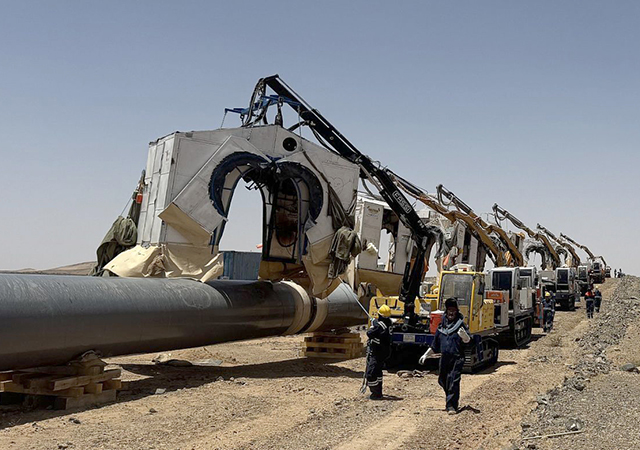

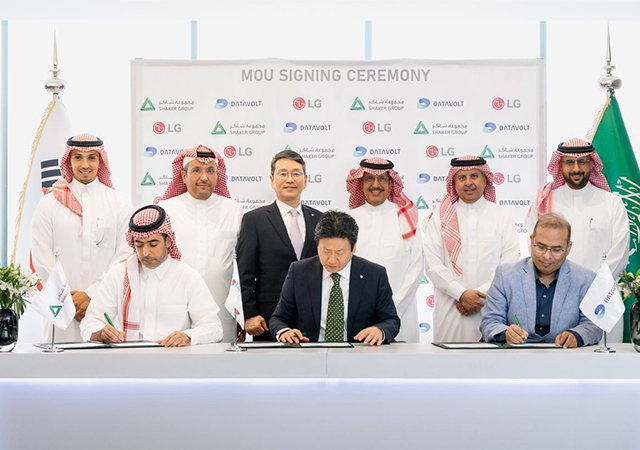
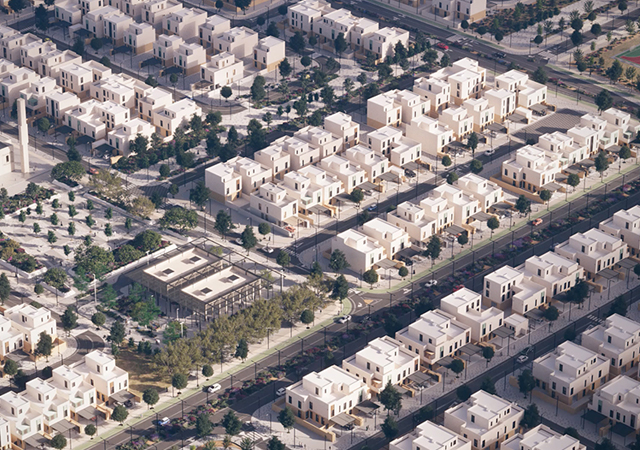
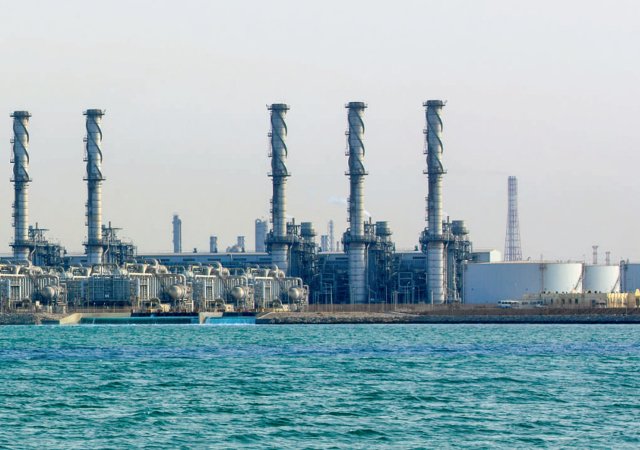

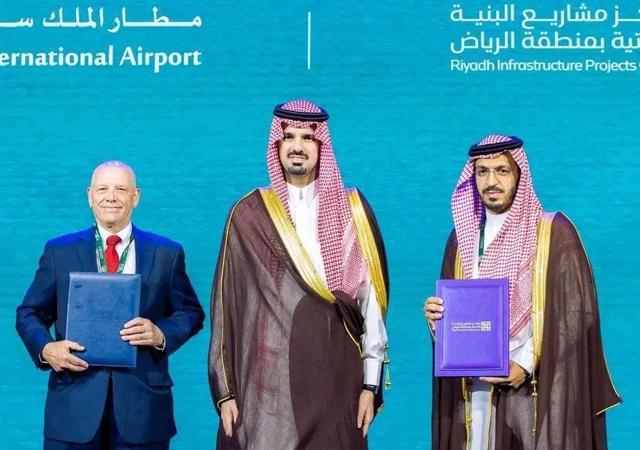

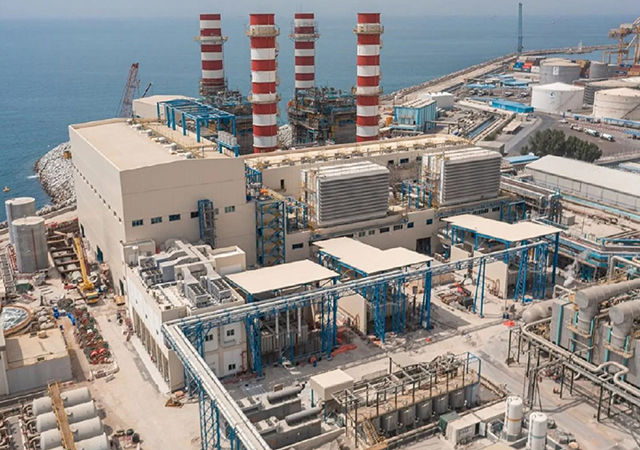
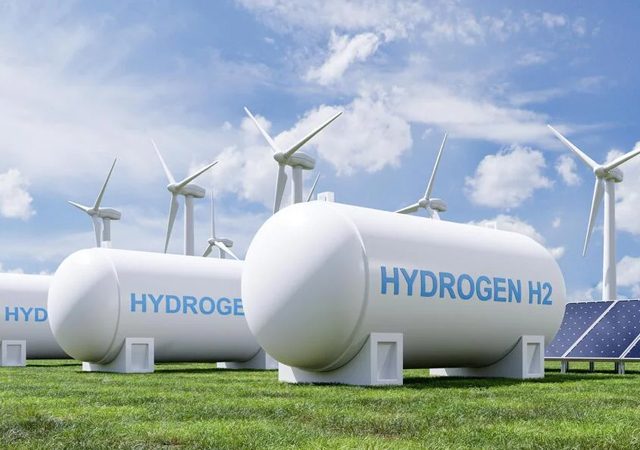

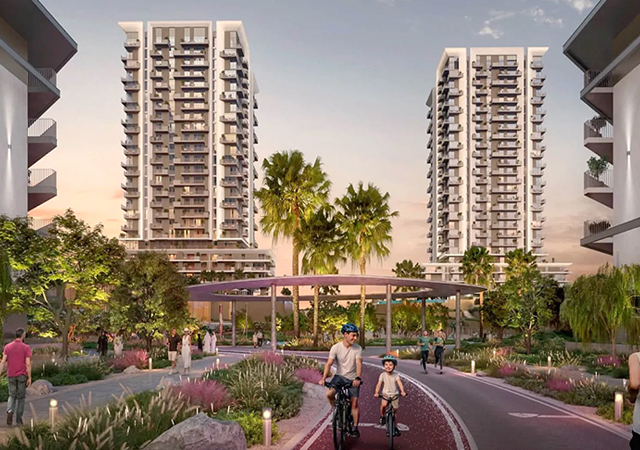
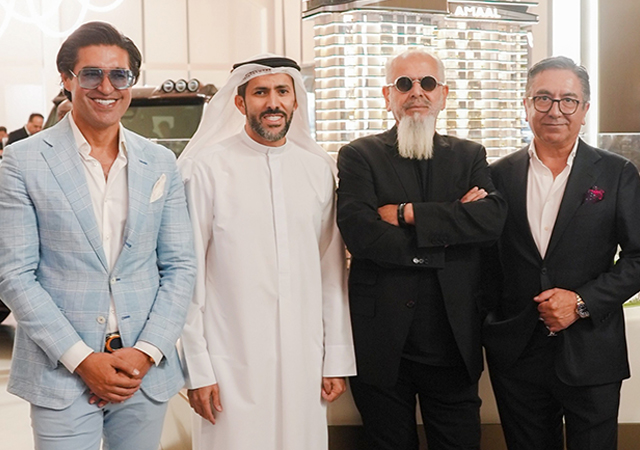
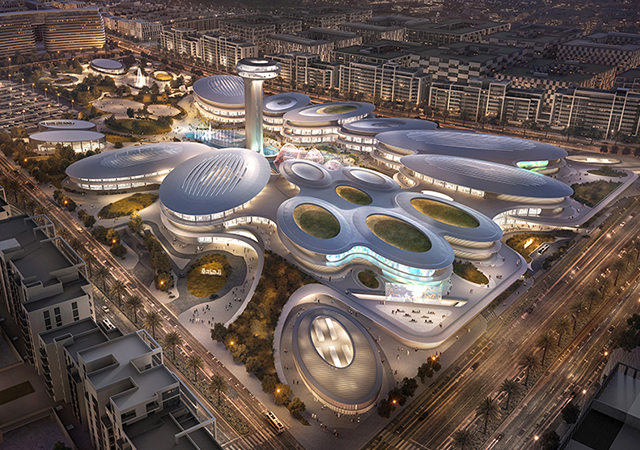
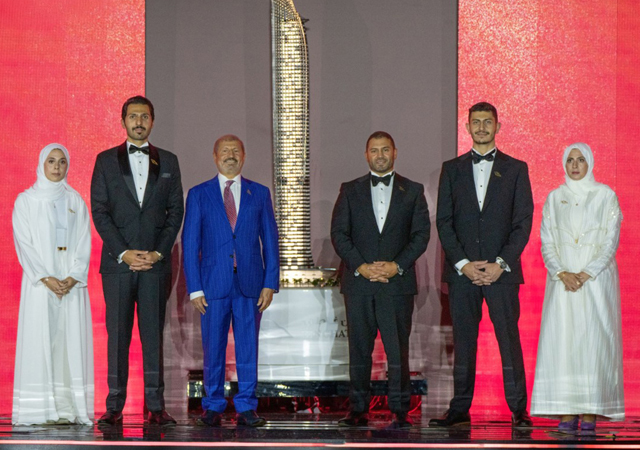
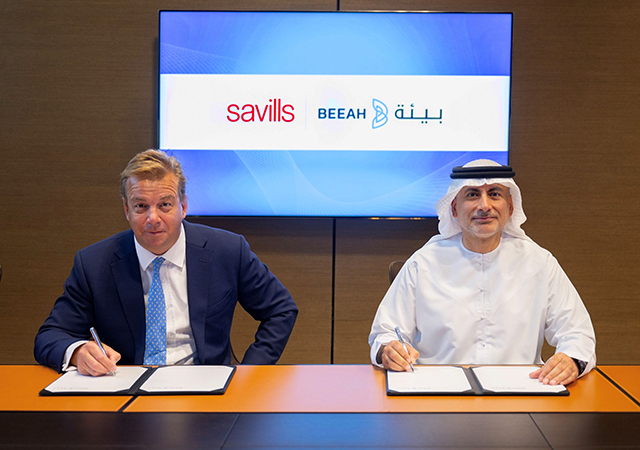


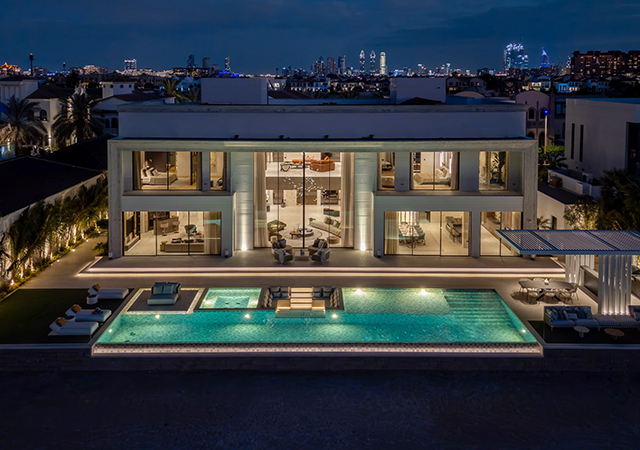
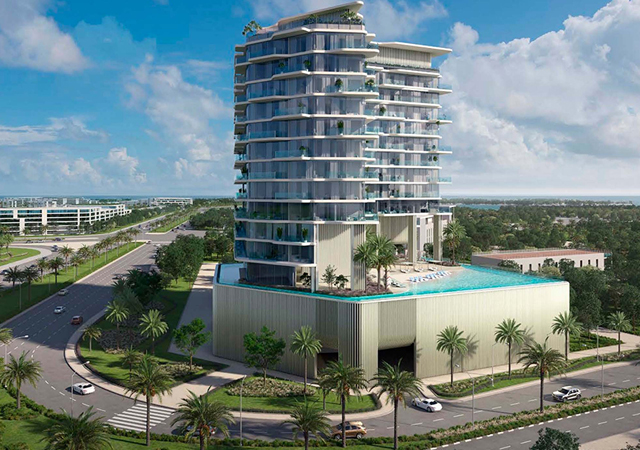
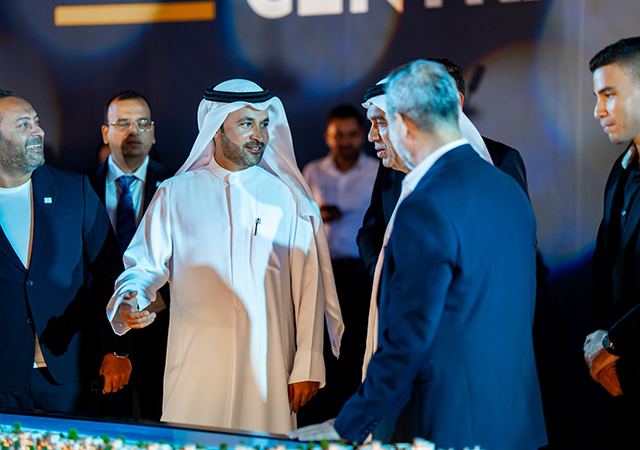
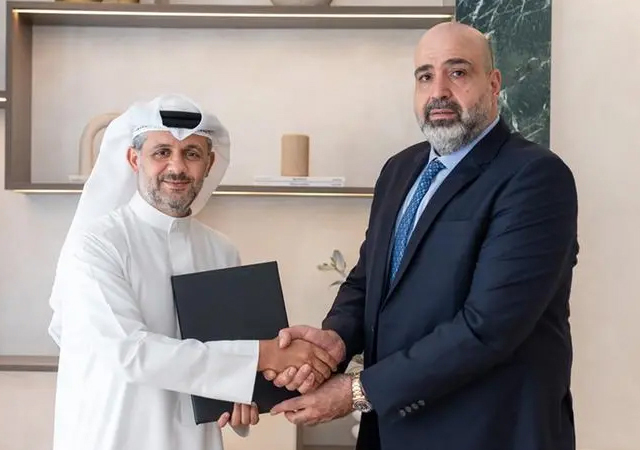
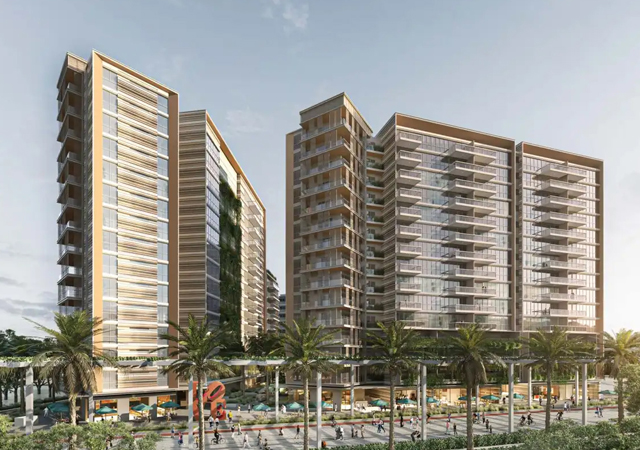
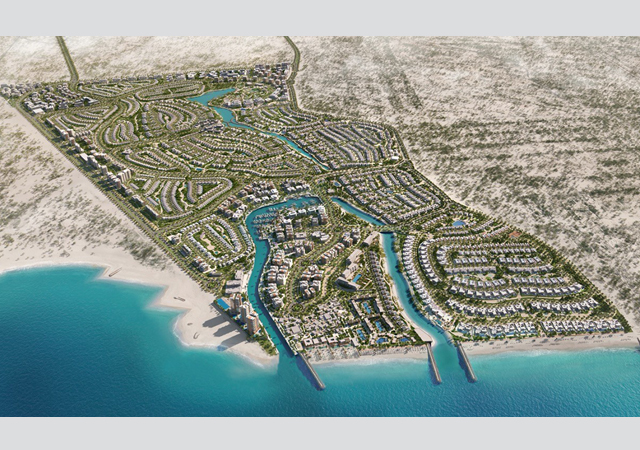
.jpg)
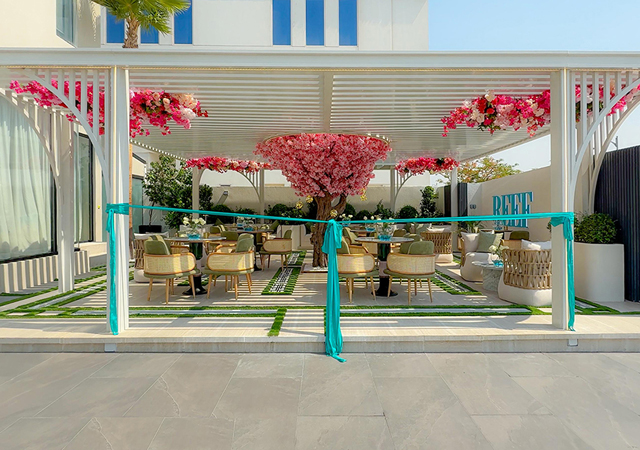
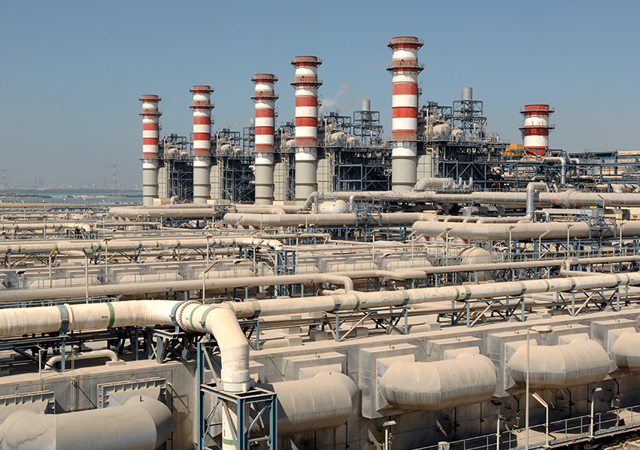
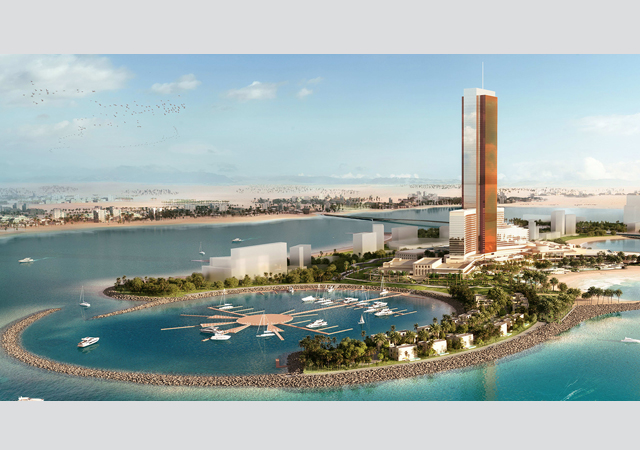
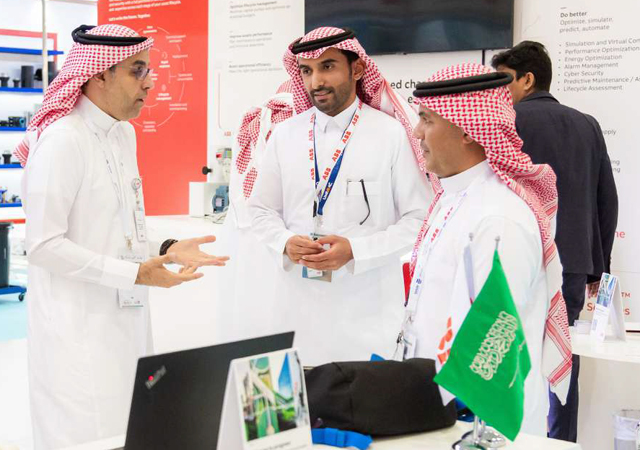
.jpg)
